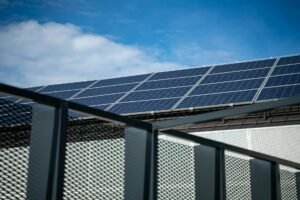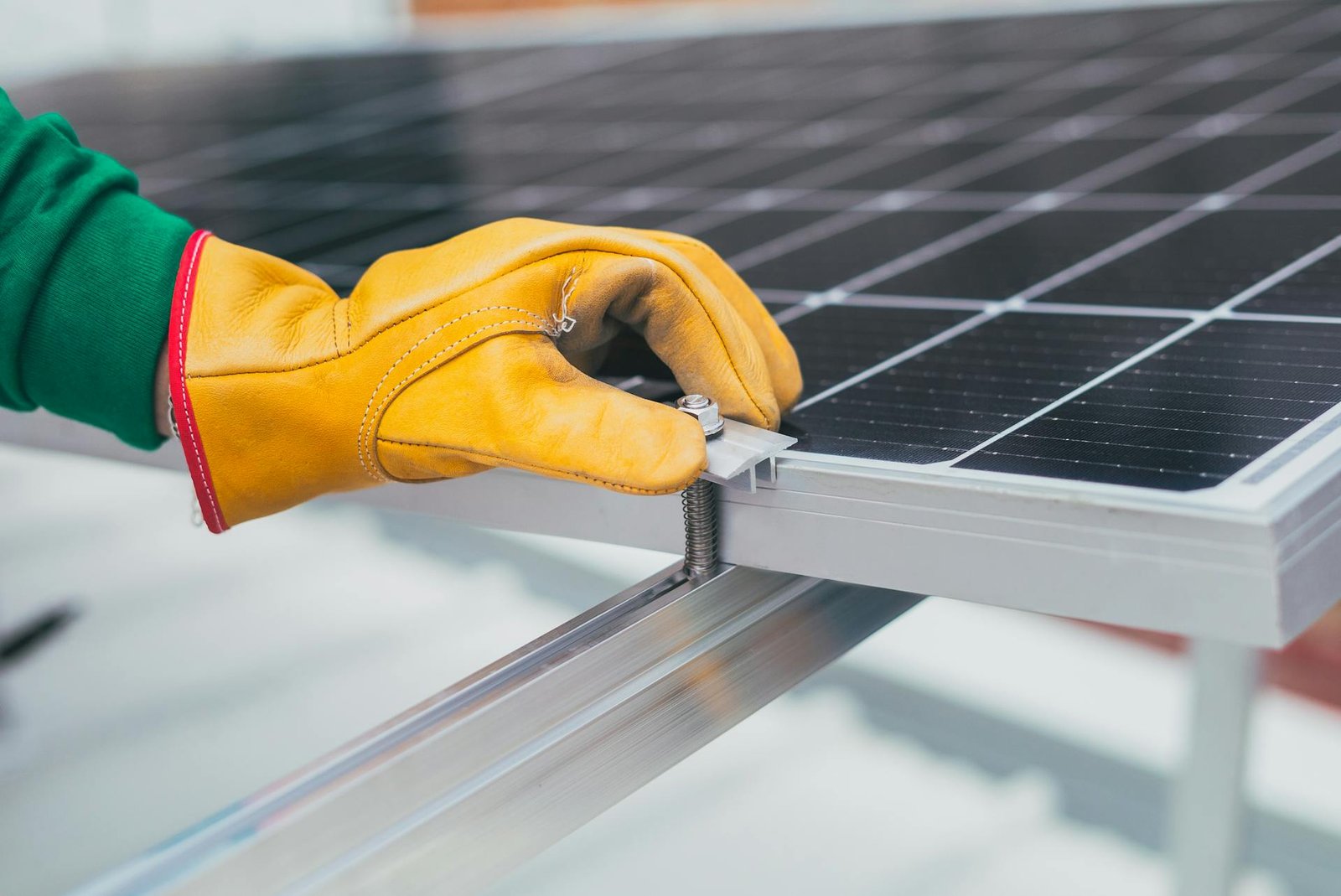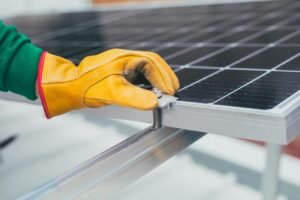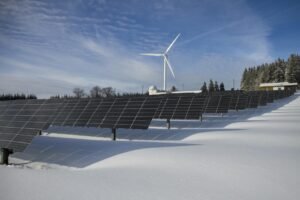
Can Solar Panels Alone Power a House Without Backup?

While solar panels can provide significant power for a home, completely relying on them without any backup system can be challenging. Here’s a closer look at the possibilities and limitations of powering a home solely with solar panels:
1. Daytime Dependence
Solar panels generate electricity directly from sunlight, which means they work best during daylight hours. On sunny days, panels can produce more than enough energy to power a household, but their effectiveness declines on cloudy days and stops entirely at night. Without a backup, homes may face energy shortages during these times, especially if electricity demand is high.
2. Energy Storage with Batteries
To make solar power work around the clock, many homeowners install solar battery systems. These batteries store excess energy produced during the day for use at night or on overcast days. While installing a battery system increases the upfront cost, it provides a reliable energy reserve that allows for continuous power even when the sun isn’t shining. Without storage, a solar-only system might fall short, particularly during nighttime and in less sunny seasons.
3. Grid Connection as a Safety Net
Many homes with solar panels remain connected to the grid to supplement solar power when needed. The grid acts as a backup source, providing electricity when solar production is low. In some cases, homeowners can even sell excess solar energy back to the grid, offsetting costs when they need to draw from it later. Staying connected to the grid is often a practical alternative to relying solely on solar energy and storage.
4. Off-Grid Living Considerations
For those interested in living entirely off the grid, a larger solar panel array combined with extensive battery storage is essential. This setup can make it possible to power a home solely on solar energy, but it requires significant investment and planning. Off-grid systems are more practical in locations with abundant sunlight year-round and lower energy needs, as energy availability could be more limited in winter.
Conclusion
While solar panels can greatly reduce dependency on traditional electricity, using them without any backup—such as batteries or grid access—may lead to power limitations. For those who want reliable power around the clock, combining solar with either a storage solution or grid connection is the most practical choice.
Ideal Tilt for Maximum Efficiency
The optimal angle for solar panels in the UK typically depends on the latitude, seasonal variations, and the specific energy goals of the user. Generally, an angle between 30 and 40 degrees from horizontal is recommended, as this range aligns with the UK’s latitude and allows panels to receive the most sunlight year-round.
Seasonal Adjustments
Adjusting the tilt of solar panels throughout the year can further improve efficiency. During summer months, a lower tilt of around 15-20 degrees can capture more sunlight due to the sun’s higher position. Conversely, in winter, a steeper angle closer to 50 degrees is beneficial, as the sun sits lower in the sky. For those who prefer a fixed setup, choosing a middle-ground angle around 35 degrees often works well as a balanced, year-round option.
The Impact of Roof Slope and Mounting Options
Roof-mounted solar panels may need to align with the roof’s slope, which often dictates the tilt angle. Fortunately, many mounting systems offer adjustable tilt options, allowing for more customization and optimized angles. Flat roofs offer the most flexibility, enabling solar panels to be set at precise angles for maximum sunlight exposure.
Finding the Perfect Angle for Your Location
Using tools like solar panel calculators or consulting with solar installation professionals can provide a customized angle for your specific location. This ensures you achieve the highest possible efficiency and long-term savings from your solar energy system.
In summary, setting solar panels at an angle between 30 and 40 degrees is typically ideal in the UK, but seasonal adjustments or specialized mounting systems can further enhance performance.




